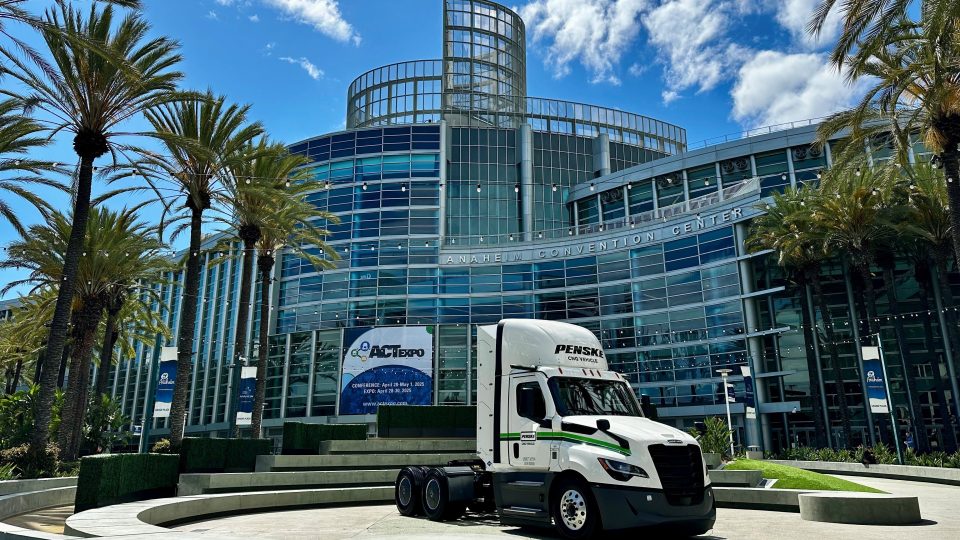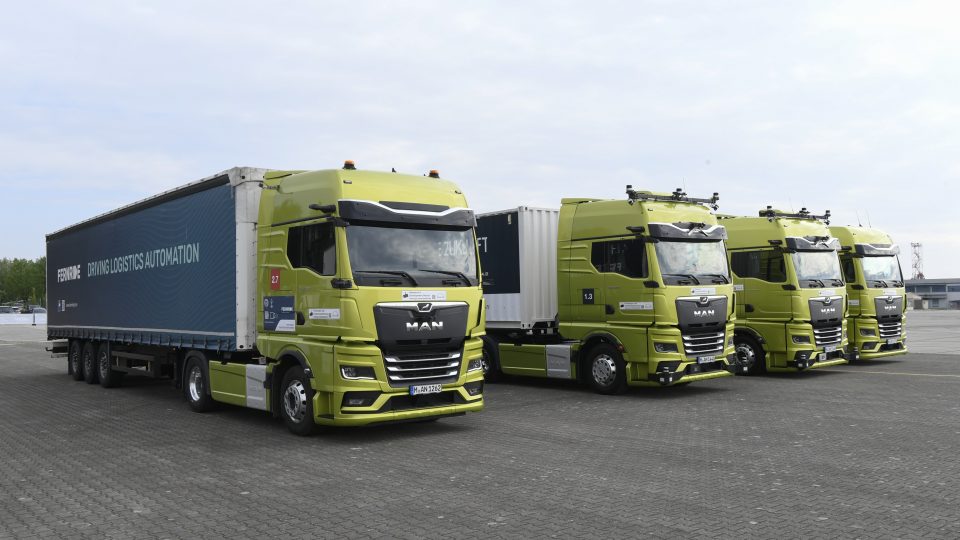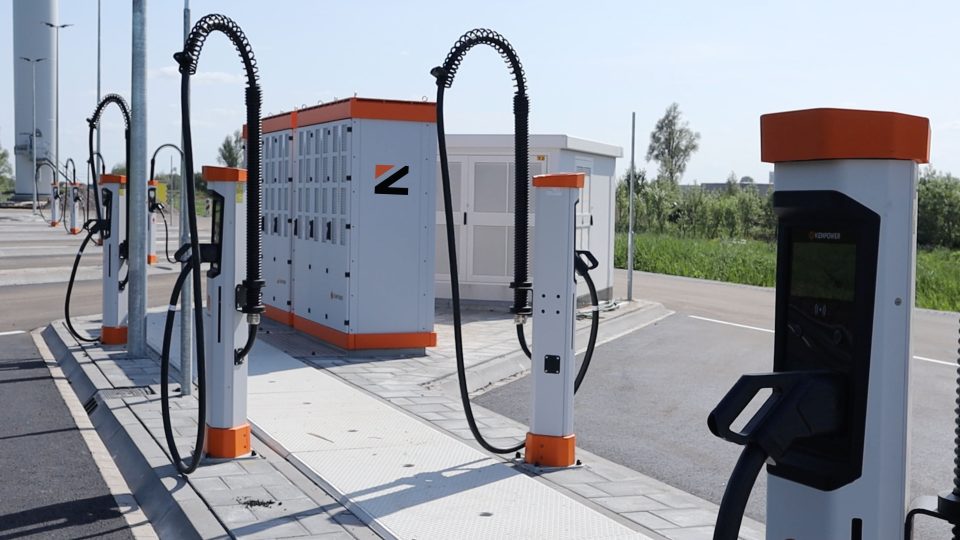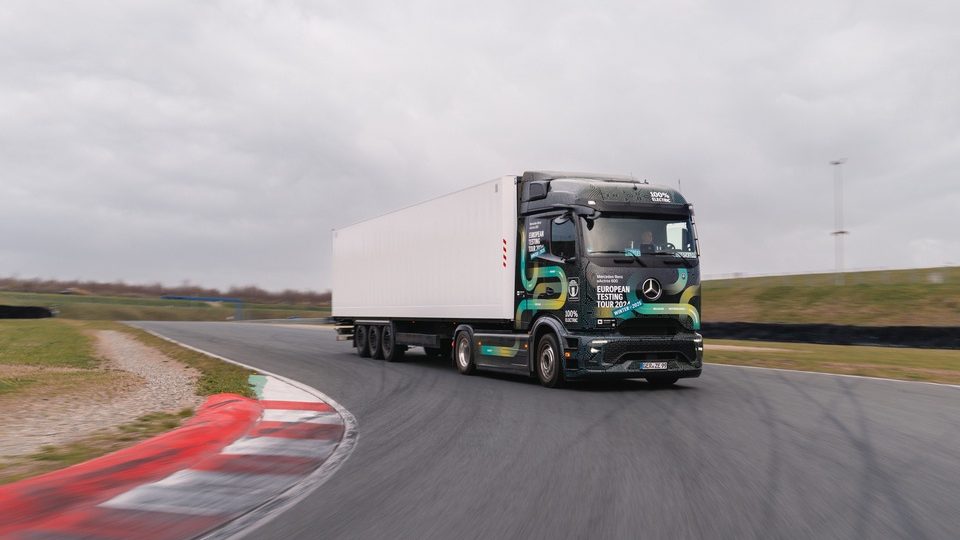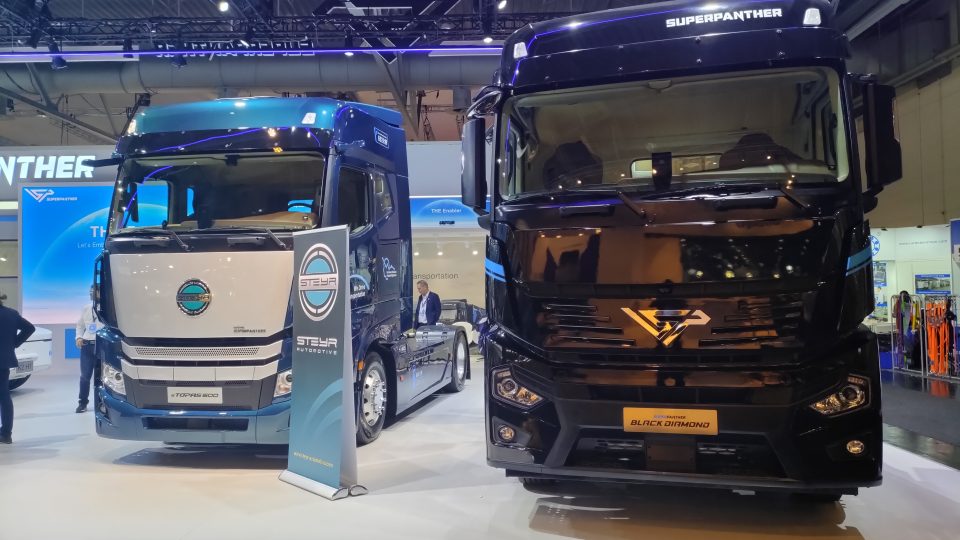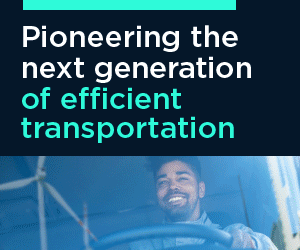Canadian Lion Electric files for credit protection. The company will focus only on the bus business
This happened right before the end of last year, and it's due to the debts the company accumulated in the last years, exceeding 400 million dollars, as reported by our sister platform Sustainable Bus. Lion Electric will not produce electric trucks anymore, while focusing the business only on electric school bus production.
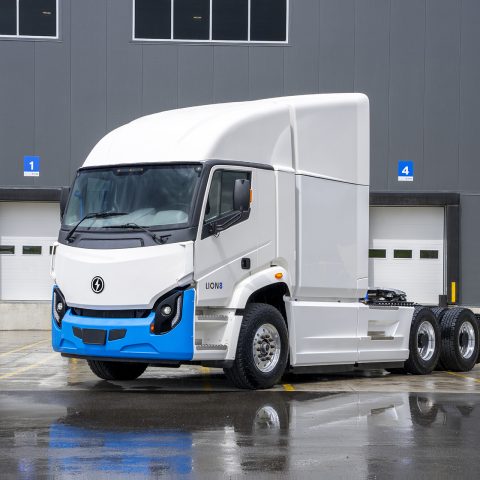
Quebec-based manufacturer of e-buses and e-trucks Lion Electric has filed for creditor protection. This happened right before the end of last year, and it’s due to the debts the company accumulated in the last years, exceeding 400 million dollars, as reported by our sister platform Sustainable Bus. Lion Electric will not produce electric trucks anymore, while focusing the business only on electric school bus production.
Lion Electric is seeking for new investors
Now, the Canadian company is seeking for new investors, possibly attracted by the new course of the manufacturer. A few months ago, Lion Electric announced the need to reduce its current workforce by 30% more or less, in order to face financial trouble. “Transition to electric is taking longer than initially expected, but transportation electrification is here to stay. It is with that mindset that we have put together an action plan to adjust our cost structure to enable us to continue to support the increasing electric school bus demand and maintain our leadership position”, stated CEO Marc Berard at that time.
“Lion is not being liquidated, but is rather undertaking various restructuring measures, including a sale and investment solicitation process”, added in December Marie-Ève Labranche, a Lion spokesperson, quoted by a Canadian TV channel.
As reported by the specialized trade press platform Car et Bus News, Lion Electric has received significant subsidies from the Quebec and Canadian governments and holds 33% of the North American electric school bus market. Focusing on school buses only would mean reducing production by a factor of 5 and repatriating all manufacturing to Quebec.



